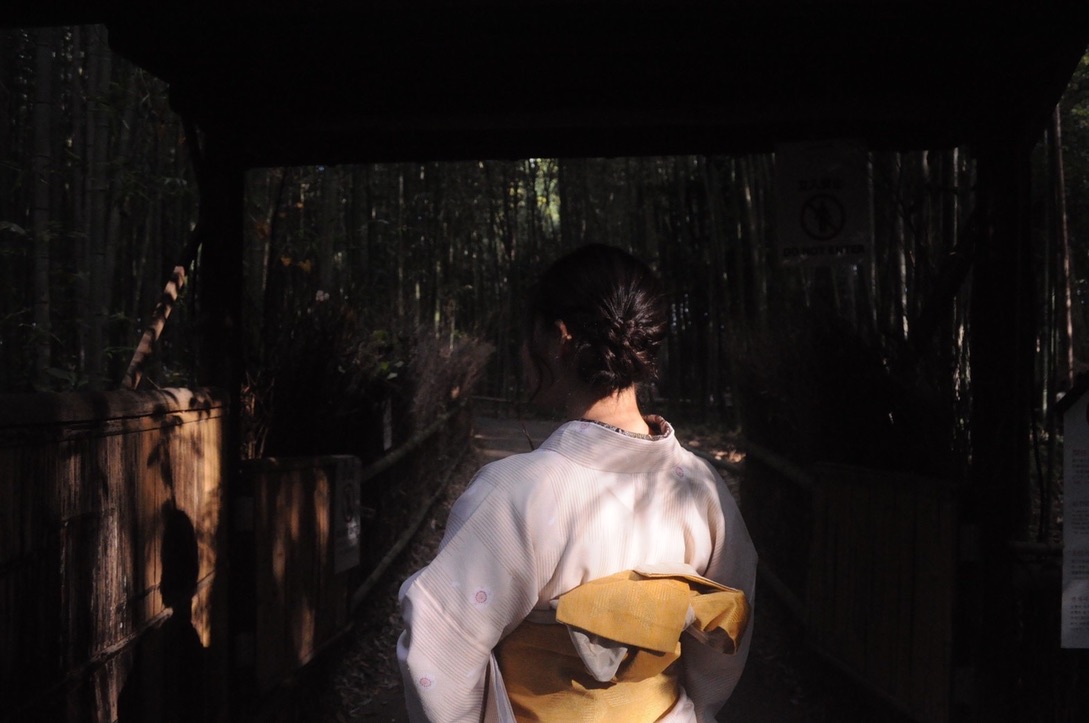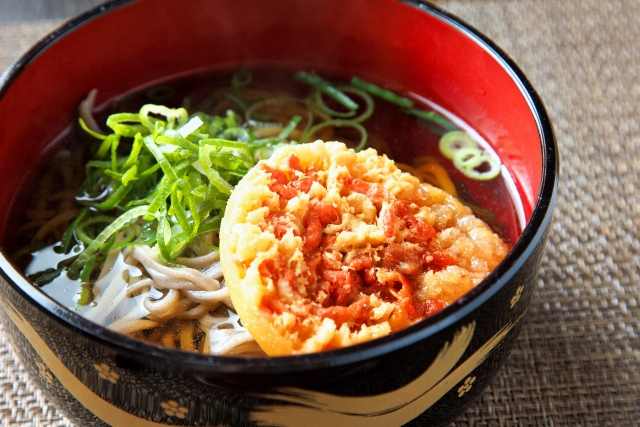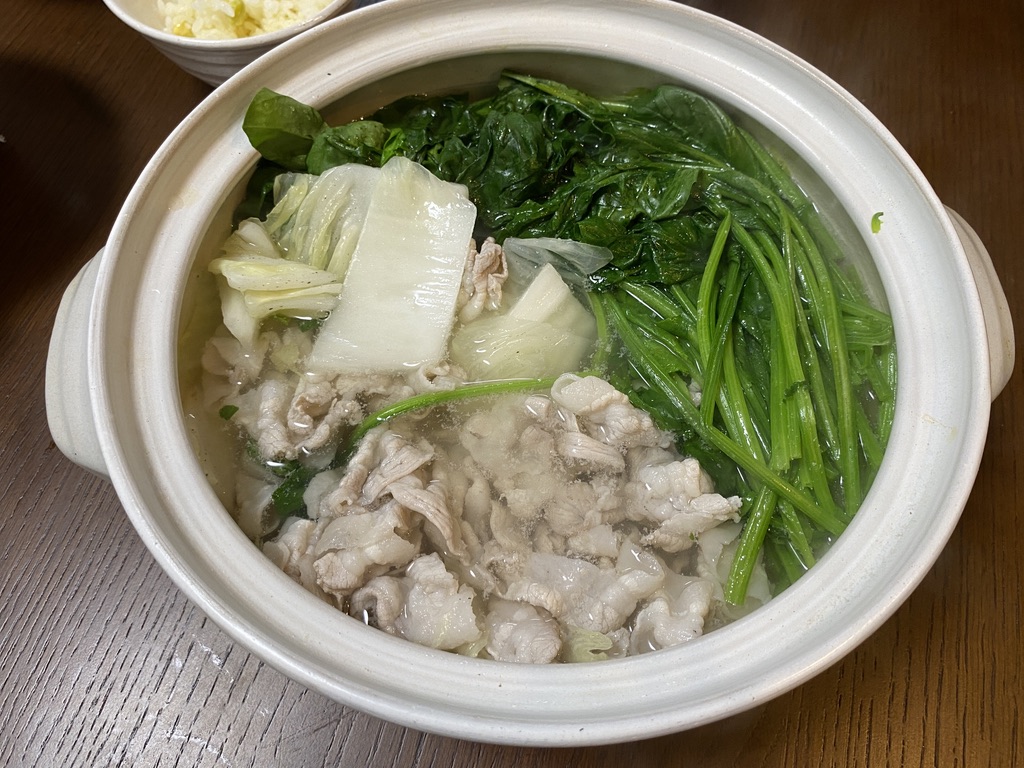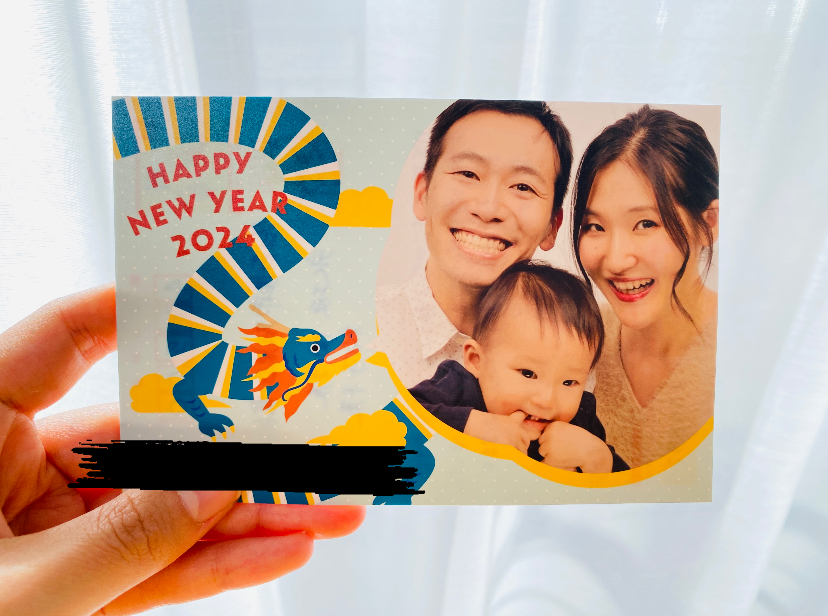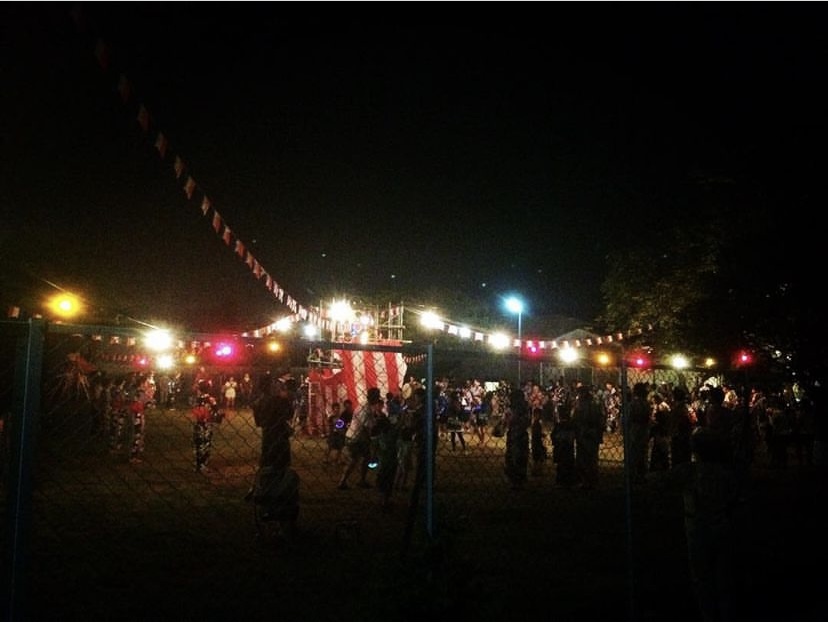Living cost in Aichi / How to save money for living in Japan

You know, the cost of living in Aichi is totally different compared to Tokyo. Therefore, let me share our typical monthly expenses based in a suburban area in Aichi, Japan, as well as some local tips that how to save money!
Due to the current inflation, I feel like especially food and utility expenses are getting higher, but the cost-performance ratio to live in Japan is still quite good! Besides, the Japanese yen is cheap now, so it’s good for you guys!
I hope this article helps you get some financial idea of living in Japan or consider moving to the suburbs for those who are interested.
Our Profile & Family Rules
- 3 members of family with 1 year old.
- Living in sub-urban area in Aichi
- No pets
- Own a car
Since both Ray and I work full-time, we each contribute an equal amount to our monthly shared expenses. However, when it comes to personal expenses, we keep our finances separate. My personal budget is 20,000 Yen, which covers yoga, lunch, coffee, and meeting up with friends. Any personal items I wish to buy are paid for from my individual funds. Also, please note that travelling or other special expenses such as furniture are not included.
Monthly expenses (October 2023)
HOUSE RENT – 82,000 JPY
I live in a 2LDK (two bedrooms, living room, dining room, kitchen) apartment with a total area of 70 square meters in a suburban area. It takes just 10 minutes to walk to the station, and there’s excellent access to Nagoya. The expenses for this accommodation include parking and management fees. If you were to find a room with the same conditions in Tokyo, the cost would be double to triple.
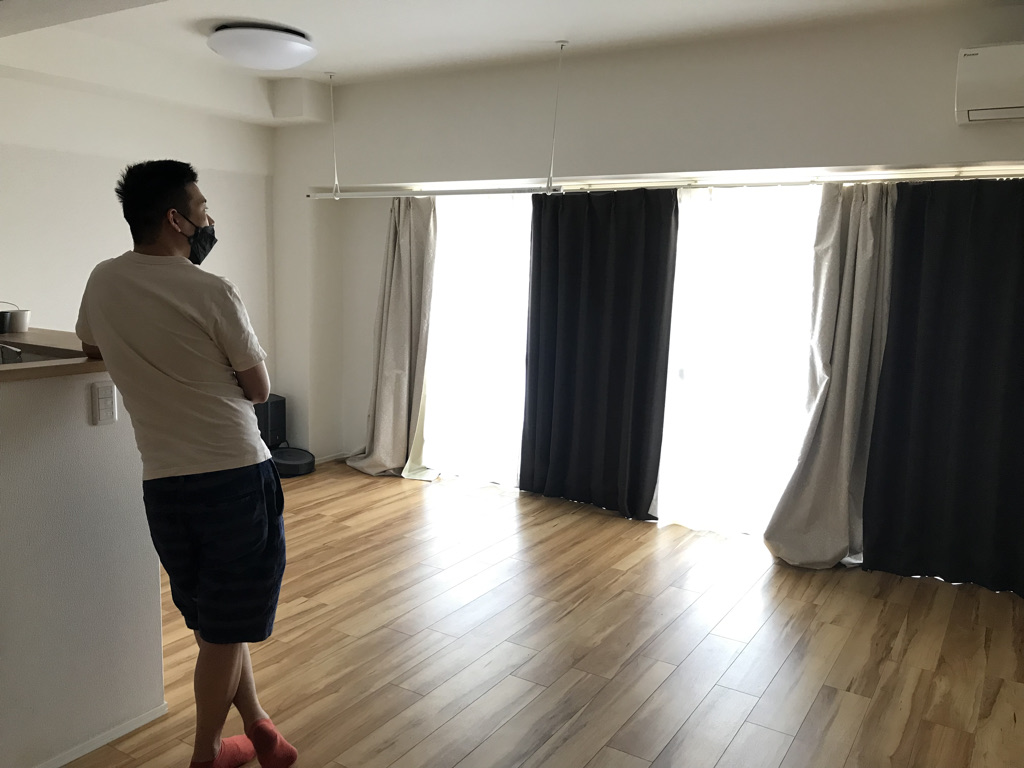
FOOD EXPENSE – 46,669 JPY
- Groceries at supermarket – 39,893 JPY
- Restaurant / Taking out – 2,700 JPY
- COOP Delivering service – 4,076 JPY
We mostly cook at home every day. This month, we had a meal out with our parents, and they paid for us. Therefore, the expense for eating out is quite low. We don’t consume alcohol or juices, and we rarely visit convenience stores. I know that convenience stores in Japan are really amazing, but I try to limit my spending there for both financial and health reasons. In order to minimize the budget, we go to the grocery store only once a week!
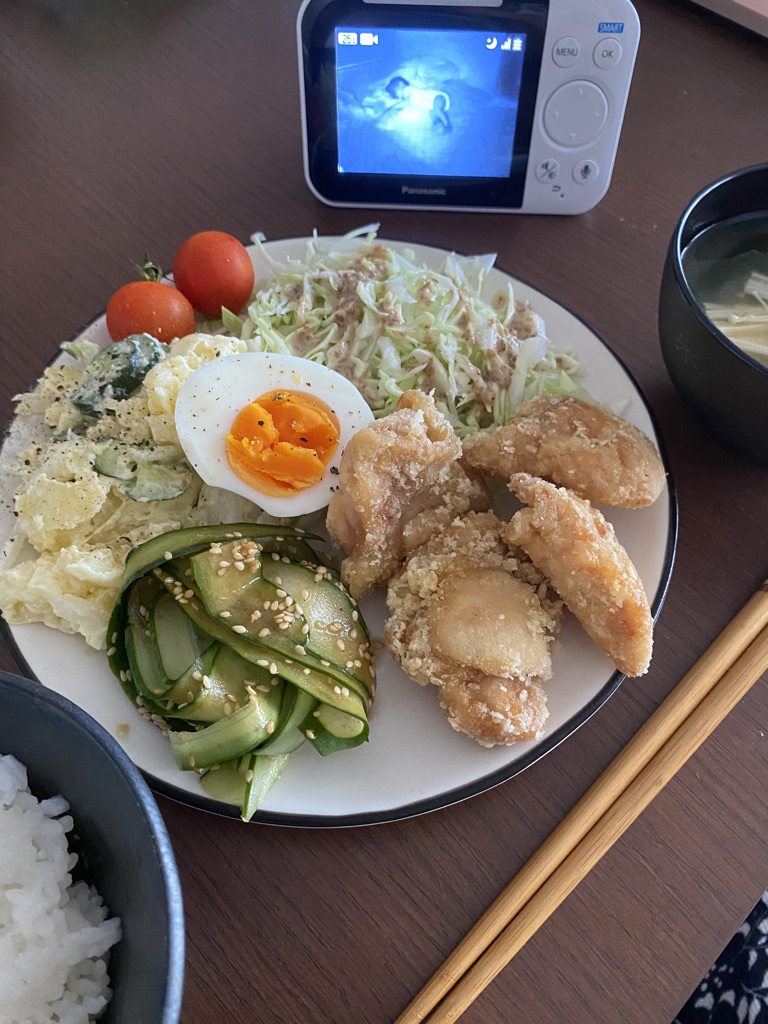
UTILITIES – 14,537 JPY
- Gas: 2,146 JPY
- Electricity: 8,952 JPY
- Water : 3,439 JPY
We used to spend a significant amount on propane gas because the real estate agent had fixed the gas company in the previous apartment. Therefore, if you are apartment hunting, you should definitely ask the agent whether you can select town gas or not. Seriously, it’s a 10,000 yen difference every month, especially in winter. Again, I highly recommend using town gas, not propane gas, to minimize your expenses.
The electricity bill in our family is quite high due to using a drying machine for laundry and running the air conditioner and dehumidifier every day. Please note that water expenses are typically billed every two months; however, the price mentioned here reflects a one-month cost.
INTERNET EXPENSE – 14,050 JPY
- Wifi – 5637 JPY
- Mobile phone – 6,243 JPY ( Ray: 3281 and Risa: 2962 )
- NHK receiving fee – 2,170 JPY
We used to pay approximately 10,000 yen for each person before; however, since we switched to the simple package, we have reduced these costs to more than half now. If you overpaid by more than 5,000 JPY, I strongly recommend changing the phone company to options like Rakuten Mobile, LINE Mobile, etc., but not to major phone companies. If you live in Japan, you may notice that we rarely use normal phone calls to communicate with friends and family. We use calls via the LINE app and sometimes make a normal phone call to make a reservation.
My package includes 3 GB of free internet, and I pay extra for unlimited usage for SNS (Instagram, Facebook, LINE, etc.). We normally call others via LINE, so I added the extra package just in case of using over 3GB.
If you don’t have a TV, you don’t have to pay NHK receiving fee. NHK provides high-quality news and educational information, so personally we are very happy to pay this.
HOUSEHOLD EXPENSE – 10,715 JPY
This includes toilet paper, kitchen items, cleaning supplies, and other consumables. We mostly buy at the pharmacy.
MEDICAL EXPENSE – 0 yen
Children up to 15 years old (some areas extend this to 18 years) receive free coverage, while adults benefit from a mandatory insurance discount of 30% off the bill in Japan. The social security system in Japan is quite good in terms of paying the tax.
TRANSPORTATION EXPENSE – 9,124 JPY
- Petrol: 3,824 JPY
- Train: 3,000 JPY
- Toll: 2,300 JPY
We only need to refill petrol once at Costco. Our car is neither big nor small, so it’s a regular price for us. While petrol prices are dramatically rising due to inflation, Costco offers the cheapest rates in our area. Toll fees and train ticket costs are incurred for visiting each parent every month.h.
ENTERTAINMENT EXPENSE – 10,252 JPY
This includes desserts, sweets, coffees, morning cafes, and presents for family! Since we have a baby, we haven’t been to the theater in a long time!
BABY/KIDS EXPENSE – 1,571 JPY
- Items, clothes – 1,368 JPY
- Consumption – 203 JPY
The government pays 15,000 yen every month for children aged 0 to 3 years and 10,000 yen for those aged 3 to 18 years. Additionally, the local government (Inazawa City) provides an extra voucher of 2,000 yen monthly to help purchase baby products such as diapers and baby foods.
Since my son is now 14 months old, we are spending less on baby-related expenses. We used to buy baby foods, but now he eats what we eat. Currently, we typically purchase 1 or 2 packs of diapers and a lot of wet tissues. The price for one pack of diapers is approximately 1,300 yen.
OTHER – 21,920JPY
- Cloths: 1,155 JPY
- Health: 9,120 JPY
- Car insurance: 3,877 JPY
- Other: 7,768 JPY
We are not into fancy fashion; we usually buy clothes at thrift shops like 2nd Street or online second-hand platforms such as Merukari.
Total expenses & Summary
- Use a town gas, not a Propane gas
- Refuel Petrol at Costco
- Change a phone carrier / package
- Go to the grocery store once a week
- Buy a cloth at thrift shop
- Use a government support & voucher
210,838 JPY for the total expense.
The average monthly expenses for a Japanese family like ours, excluding accommodation fees for three family members, amount to 280,000 JPY. (Accommodation costs vary significantly, whether it’s rent or paying off a house.) Currently, we are managing well, but we used to incur relatively high expenses, particularly for gas and mobile phones. I hope these numbers may help you form an idea for budgeting, whether it’s for traveling or daily living, and assist you in saving money!

